The Social Work Action Network-Philippines condemns, in the strongest terms, the murder of the Department of Social Welfare and Development (DSWD) Social Welfare Officer II Justine Charles “JC” Accad.
According to the report published by the Manila Bulletin on February 20, 2021, JC was assigned at National Capital Region (NCR) and the DSWD Satellite Area. Last Friday, February 19, 2021, JC was presumed to deliver a huge amount of money to DSWD-San Juan City. According to a report, “the money will be used for the payout of hospitalization expenses and other relevant welfare needs of indigent residents in the City of San Juan.” Two days after, February 21, 2021 his dead body was found in a grassy area in San Jose del Monte, Bulacan.
His live-in partner narrated that JC normally brought along with him a minimum of 1 million for pay-out and cash assistance to the beneficiaries.
JC was a colleague, a friend, a partner, and a soon-to-be father. He should never have died. He should have witnessed the birth of his child. He deserved that.
But JC’s death seemed bound to happen. For years now, JC together with other DSWD staff have been doing the disbursement of cash assistance without any security escort. While the leadership of the DSWD (trained and experienced in security matters) are busy in putting into place the measures to gradually weaponize the social services, they forgot to ensure the security of the likes of JC who took risks of travelling alone with millions of cold cash to be distributed to the beneficiaries. With the widespread use of the Automated Teller Machines (ATMs), e-wallets, online banking, and other digital means of cash transfers that have sprouted during the pandemic, it is beyond comprehension why the DSWD allows this very precarious practice. Such an arrangement is an invitation to a disaster. JC was its first victim. If this is not addressed immediately, this arrangement will likely devour another victim, or more.
Nothing can justify this murder, as nothing can justify the killings of doctors, attorney-in-laws, and other social and development workers whose only aim is to reach out to the most disadvantaged segments of our communities. All these killings only hamper the effective mechanisms of rendering direct services to the poor and discourage individuals who are committed to serve the people.
We call on the DSWD to review its security measures and other safeguards for social workers and other staff who are risking their lives in providing support to the vulnerable. The current set-up is too compromising for a security breach. A new system is warranted if DSWD is serious in looking after the safety of its workforce. Because at this time and period, there are no too few casualties and no life should be collateral damage.



















